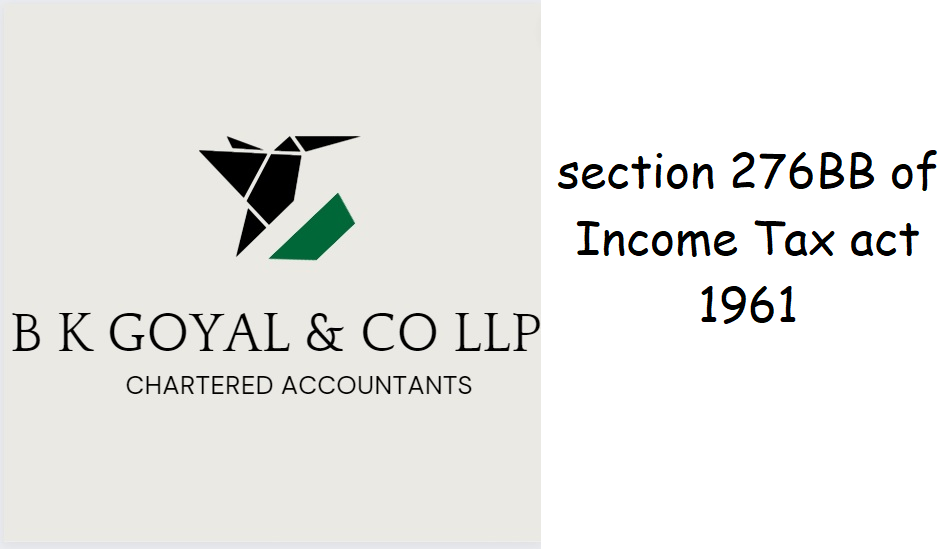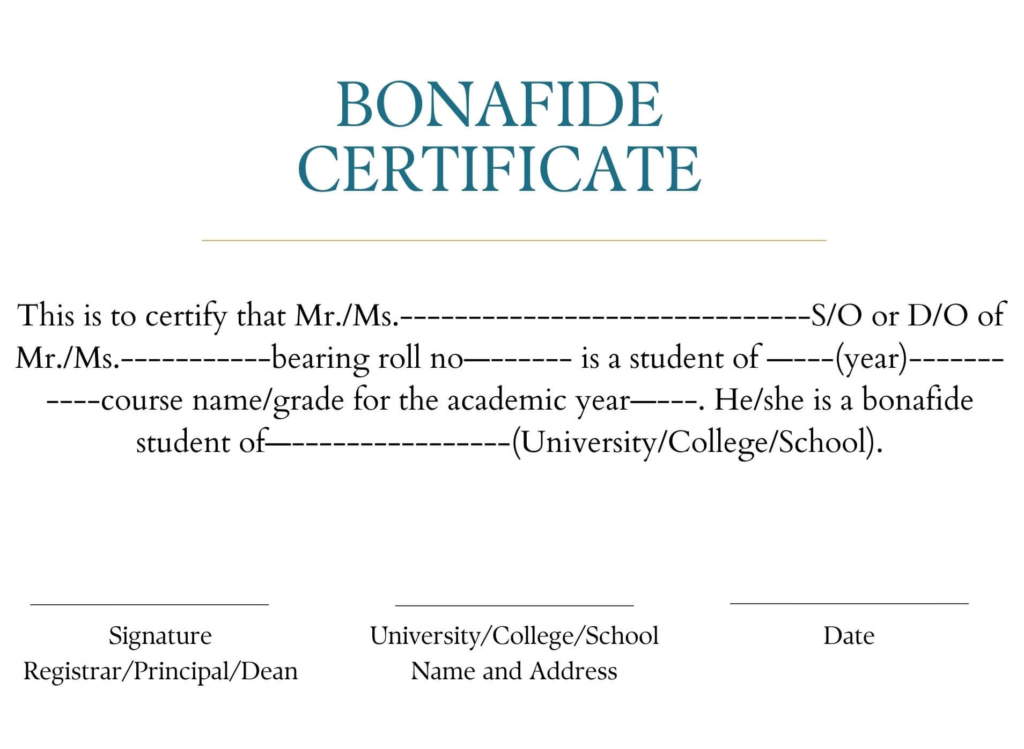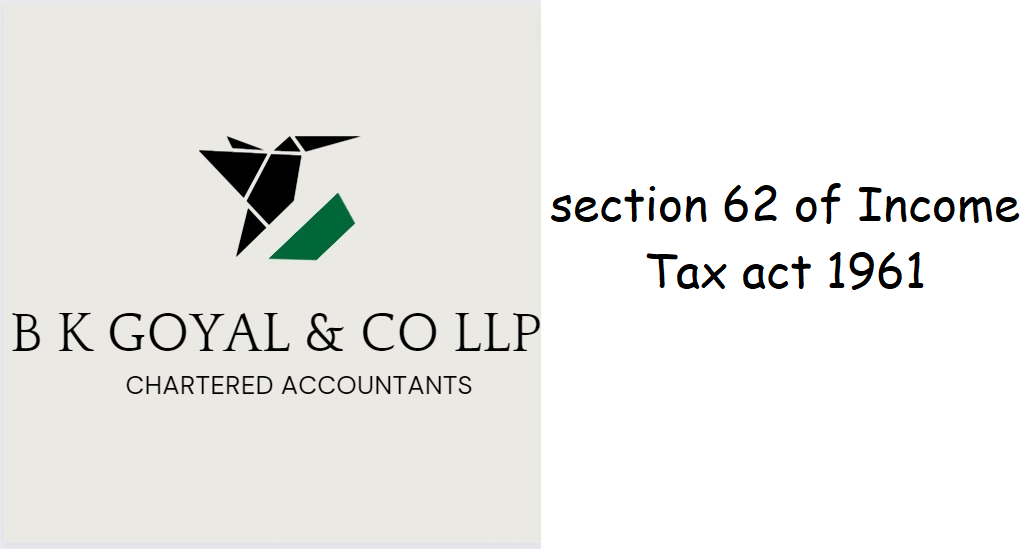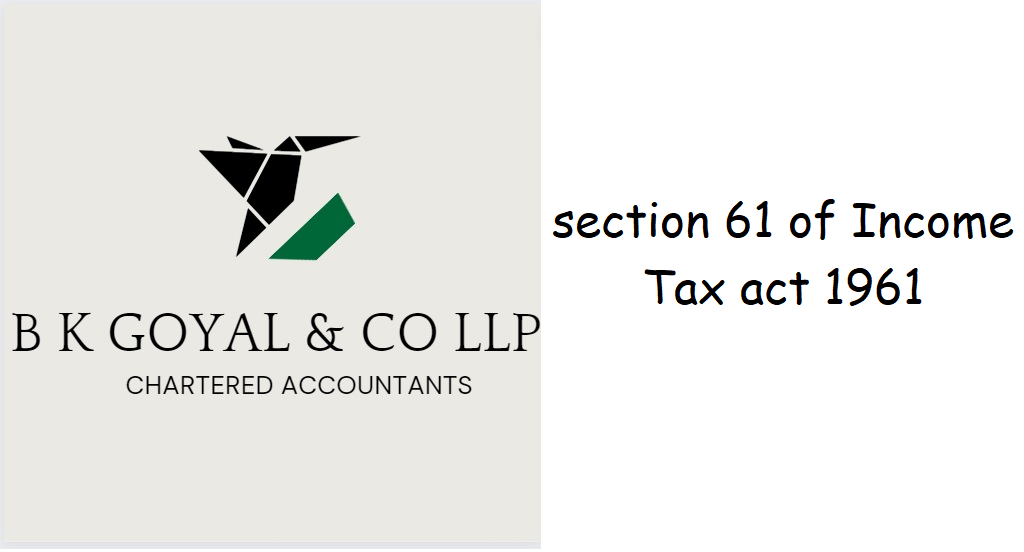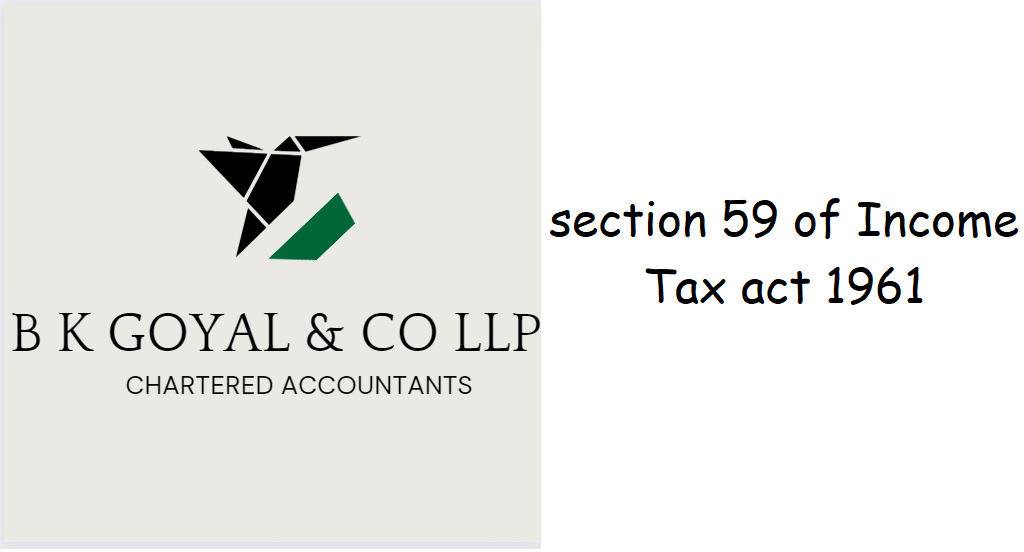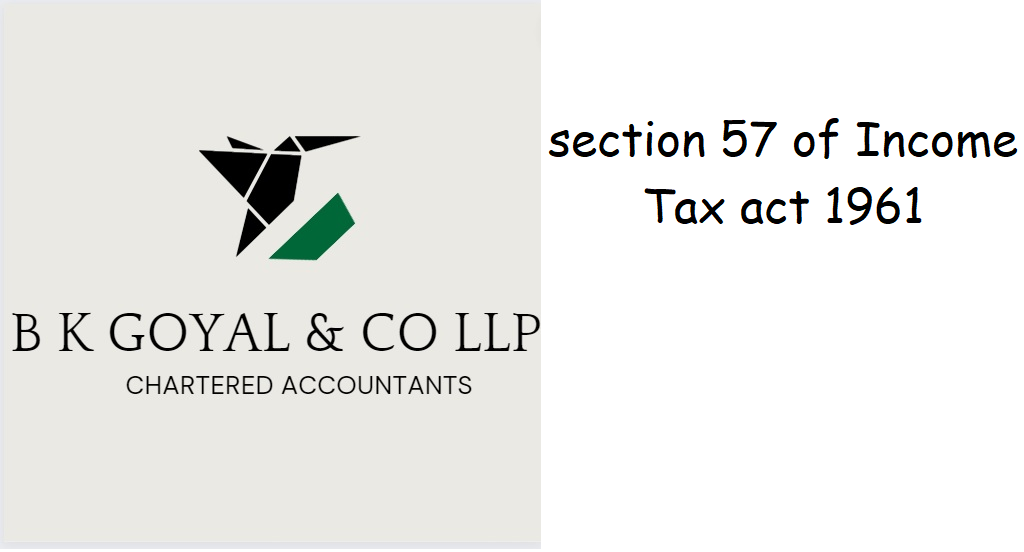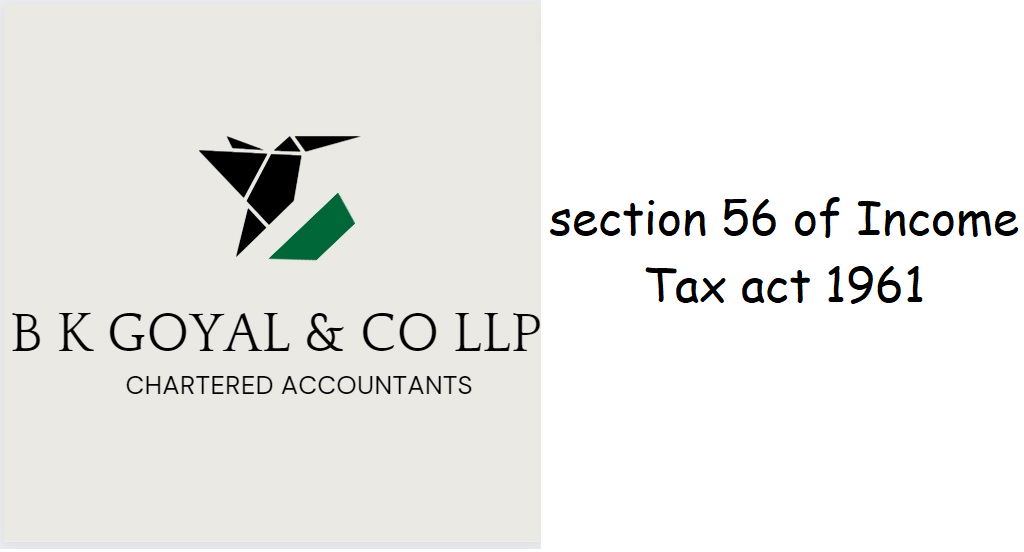Income from other sources (1) Income of every kind which is not to be excluded from the total income under this Act shall be chargeable to income-tax under the head “Income from other sources”, if it is not chargeable to income-tax under any of the heads specified in section 14, items A to E. (2) In particular, and without prejudice to the generality of the provisions of sub-section (1), the following incomes, shall be chargeable to income-tax under the head “Income from other sources”, namely :— (i) dividends ; (ia) income referred to in sub-clause (viii) of clause (24) of section 2; (ib) income referred to in sub-clause (ix) of clause (24) of section 2; (ic) income referred to in sub-clause (x) of clause (24) of section 2, if such income is not chargeable to income-tax under the head “Profits and gains of business or profession”; (id) income by way of interest on securities, if the income is not chargeable to income-tax under the head “Profits and gains of business or profession”; (ii) income from machinery, plant or furniture belonging to the assessee and let on hire, if the income is not chargeable to income-tax under the head “Profits and gains of business or profession”; (iii) where an assessee lets on hire machinery, plant or furniture belonging to him and also buildings, and the letting of the buildings is inseparable from the letting of the said machinery, plant or furniture, the income from such letting, if it is not chargeable to income-tax under the head “Profits and gains of business or profession”; (iv) income referred to in sub-clause (xi) of clause (24) of section 2, if such income is not chargeable to income-tax under the head “Profits and gains of business or profession” or under the head “Salaries”; (v) where any sum of money exceeding twenty-five thousand rupees is received without consideration by an individual or a Hindu undivided family from any person on or after the 1st day of September, 2004 but before the 1st day of April, 2006, the whole of such sum: Provided that this clause shall not apply to any sum of money received— (a) from any relative; or (b) on the occasion of the marriage of the individual; or (c) under a will or by way of inheritance; or (d) in contemplation of death of the payer; or (e) from any local authority as defined in the Explanation to clause (20) of section 10; or (f) from any fund or foundation or university or other educational institution or hospital or other medical institution or any trust or institution referred to in clause (23C) of section 10; or (g) from any trust or institution registered under section 12AA or section 12AB. Explanation.—For the purposes of this clause, “relative” means— (i) spouse of the individual; (ii) brother or sister of the individual; (iii) brother or sister of the spouse of the individual; (iv) brother or sister of either of the parents of the individual; (v) any lineal ascendant or descendant of the individual; (vi) any lineal ascendant or descendant of the spouse of the individual; (vii) spouse of the person referred to in clauses (ii) to (vi); (vi) where any sum of money, the aggregate value of which exceeds fifty thousand rupees, is received without consideration, by an individual or a Hindu undivided family, in any previous year from any person or persons on or after the 1st day of April, 2006 but before the 1st day of October, 2009, the whole of the aggregate value of such sum: Provided that this clause shall not apply to any sum of money received— (a) from any relative; or (b) on the occasion of the marriage of the individual; or (c) under a will or by way of inheritance; or (d) in contemplation of death of the payer; or (e) from any local authority as defined in the Explanation to clause (20) of section 10; or (f) from any fund or foundation or university or other educational institution or hospital or other medical institution or any trust or institution referred to in clause (23C) of section 10; or (g) from any trust or institution registered under section 12AA or section 12AB. Explanation.—For the purposes of this clause, “relative” means— (i) spouse of the individual; (ii) brother or sister of the individual; (iii) brother or sister of the spouse of the individual; (iv) brother or sister of either of the parents of the individual; (v) any lineal ascendant or descendant of the individual; (vi) any lineal ascendant or descendant of the spouse of the individual; (vii) spouse of the person referred to in clauses (ii) to (vi); (vii) where an individual or a Hindu undivided family receives, in any previous year, from any person or persons on or after the 1st day of October, 2009 but before the 1st day of April, 2017,— (a) any sum of money, without consideration, the aggregate value of which exceeds fifty thousand rupees, the whole of the aggregate value of such sum; (b) any immovable property,— (i) without consideration, the stamp duty value of which exceeds fifty thousand rupees, the stamp duty value of such property; (ii) for a consideration which is less than the stamp duty value of the property by an amount exceeding fifty thousand rupees, the stamp duty value of such property as exceeds such consideration: Provided that where the date of the agreement fixing the amount of consideration for the transfer of immovable property and the date of registration are not the same, the stamp duty value on the date of the agreement may be taken for the purposes of this sub-clause: Provided further that the said proviso shall apply only in a case where the amount of consideration referred to therein, or a part thereof, has been paid by any mode other than cash on or before the date of the agreement for the transfer of such immovable property; (c) any property, other than immovable property,— (i) without consideration,
